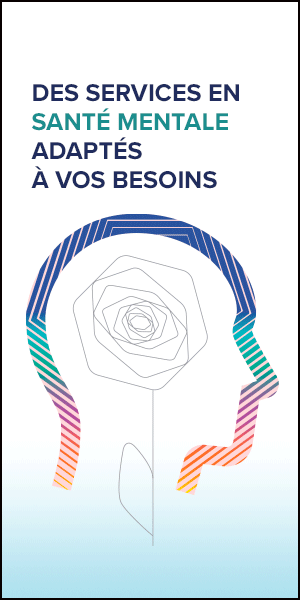Dr. John Wootton talks family medicine in the Pontiac
Dr. John Wootton talks family medicine in the Pontiac
In an election year when the provincial government is planning on implementing several changes to the health care system, CHIP 101.9 spoke with Dr. John Wootton, the head of the family medicine group (GMF) in the Pontiac, to discuss issues facing family doctors in the area.
Wootton said that the area was in relatively good shape, with roughly 24 doctors practicing family medicine, with another two arriving soon. However, he noted that there was a cohort of doctors (including himself) that had all come to the region at the same time roughly 30 years ago and were soon due for retirement. He said that two had already retired (Dr. Alexander Zhivkov and Dr. Maurice Lamarche), and there would be stress to the system over the next few years as new doctors are recruited to replace them.
He said that currently there are approximately 2,000 Pontiacers without a family physician, which is up from approximately 800 prior to the departures of Drs. Zhivkov and Lamarche.
CAQ proposals
Details of the CAQ government’s proposed changes to the province’s health care system were leaked to Radio-Canada in late March, and cover a wide variety of issues, such as ending mandatory overtime for nurses and undertaking a massive hiring campaign.
One of the proposals in the document would change the way doctors are paid in Quebec to reimbursement per patient rather than per procedure, a system known as capitation. Wootton said that it would incentivize doctors to take on more patients and reduce the number of Quebecers waiting for a family doctor, which is currently estimated to be more than a million citizens. However, he said that without a “team-based approach”, simply increasing the number of patients per doctor could lead to a lower level of care.
Another proposed change would implement a hotline that patients without a family doctor could call and be directed to the services they need, which might be a doctor, but could also be a nurse or social worker for example. Wootton said that the service had recently been rolled out, and called it a “transitional step” towards capitation. He said it would likely help in the short-term, but wasn’t a sustainable solution if the goal is to offer equitable health care access to all residents.
Centralization
When asked what he would change about the local health care system if given the opportunity, Wootton said that the current management organization, which was brought about by the centralization of health care administration in 2015, was problematic. He said that he would like to see more local autonomy and less reliance on managers based in Gatineau.
The full interview with Dr. Wootton is available here.


